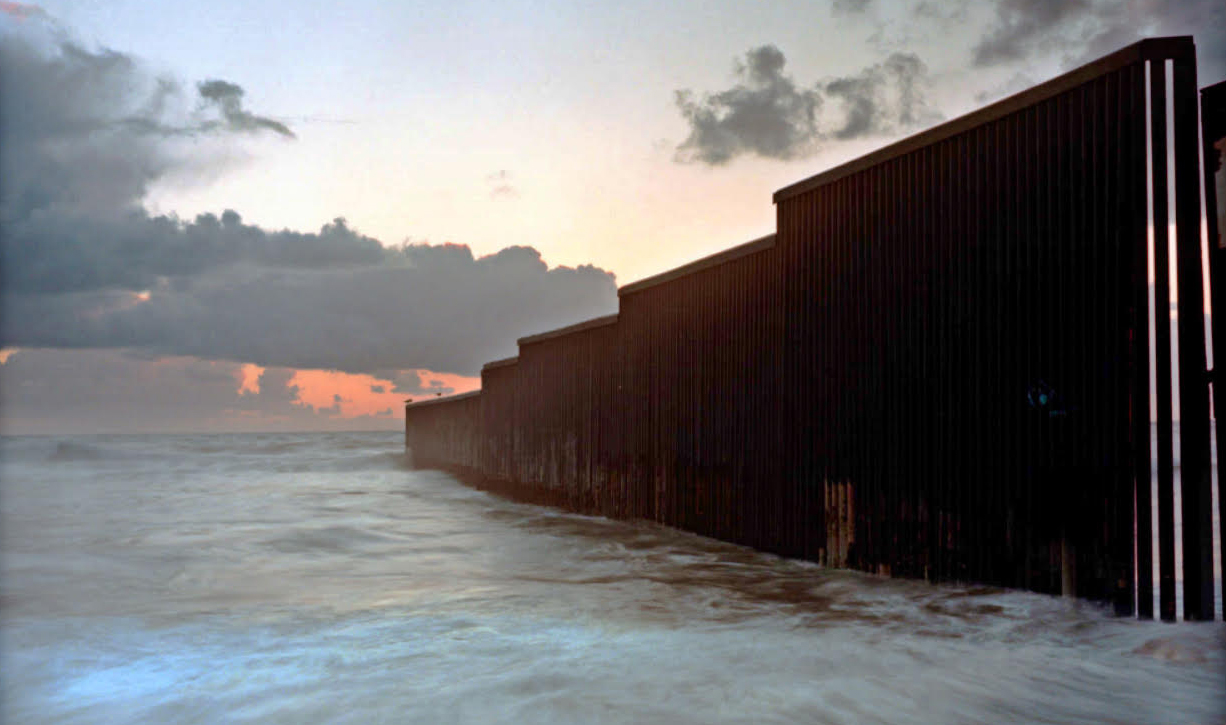
This article explores the changes in migration strategies of Ecuadorian Kichwa-Otavalo indigenous merchants and musicians by following the accounts of three men of different ages. We address the ways strategies have transformed in three generations and the various types of relationships migrants establish in migration networks. In a scenario of both change and continuity in these strategies, which have seen Kichwa migration reach almost every continent in the world, we address the ways migration networks are connected in a transnational social field, which is dynamic and ever-changing.

Copyright (c) 2019 Migraciones Internacionales

This work is licensed under a Creative Commons Attribution-NonCommercial-NoDerivatives 4.0 International License.